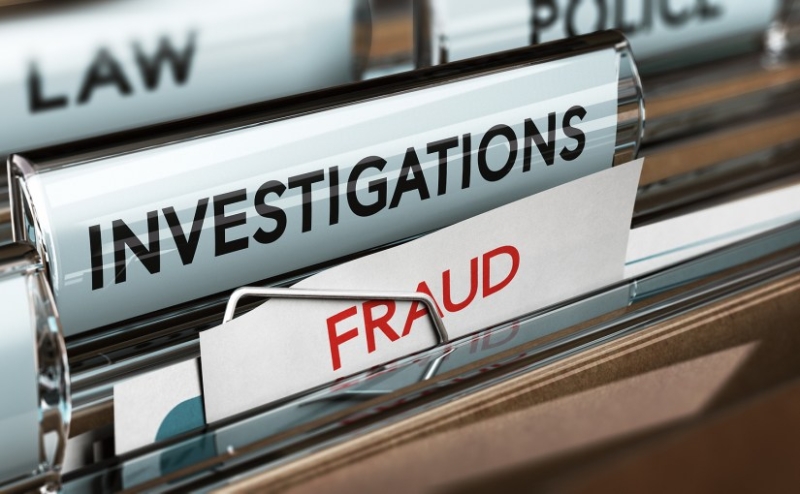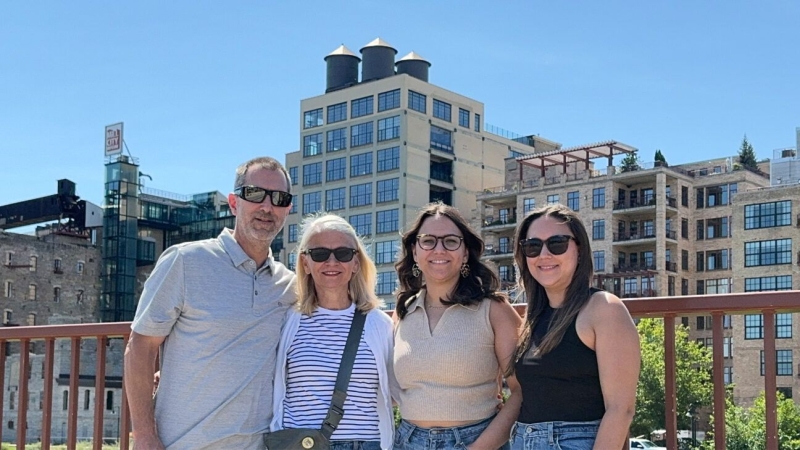
In Dao v. Trinh, a group of five individuals who contributed money for membership in a religious community sued the person who they alleged misapplied their money for the benefit of a different religious community. No. 14-23-00131-CV, 2024 Tex. App. LEXIS 3208 (Tex. App.—Houston [14th Dist.] May 9, 2024, no pet. history). The plaintiffs brought fraud claims for alleged misrepresentations and breach of contract. The defendant filed a plea to the jurisdiction, alleging that the plaintiffs did not have standing to sue. The trial court entered an order dismissed the plaintiff’s claims with prejudice and expressly found that the plaintiffs lacked standing to bring their fraud and breach of contract claims.
The court of appeals affirmed. The court first discussing standing to sue over a charitable trust:
No party disputes that the Cao Dai organization in question, for which Trinh is the founder and director, is a “charitable trust”. This is particularly significant because the attorney general “is the representative of the public and is the proper party to maintain” a suit “vindicating the public’s rights in connection with that charity.” A private individual has standing to maintain a suit against a public charity only if the person seeks vindication of some peculiar or individual rights, distinct from those of the public at large. Moreover, a private individual must similarly establish standing in a case such as this, brought against the trustee of a public charity in connection with their office or service.
Id. The court concluded that whether framed as a fraud or breach of contract claim, the plaintiffs did not have standing to sue for the return of their donations:
Based on the holding in Eshelman, we conclude the Temple Donor Parties’ allegations and proof for their fraud claims pertaining to their donations to a charitable fails to establish standing to bring their claims (whether under a fraud theory or conditional gift theory); that is, the facts alleged and undisputed do not vindicate of some peculiar or individual rights, distinct from any other donor or from the public at large.
Id.
© 2024 Winstead PC. by: David Fowler Johnson of Winstead For more news on Claims Against Charitable Trusts, visit the NLR Estates & Trusts section.



